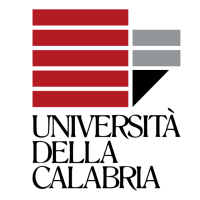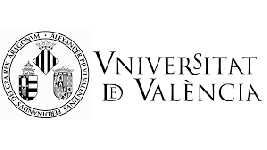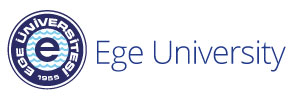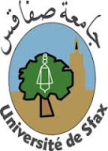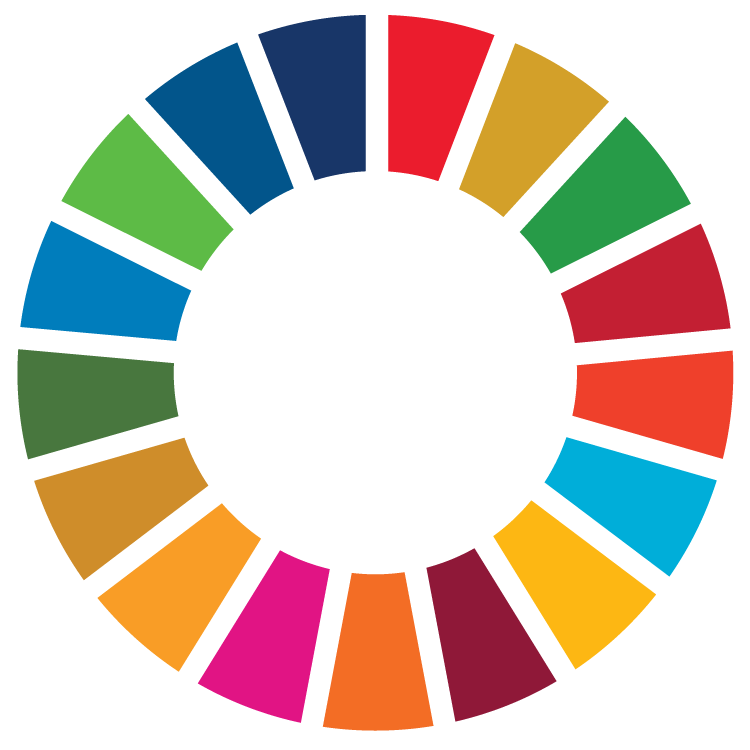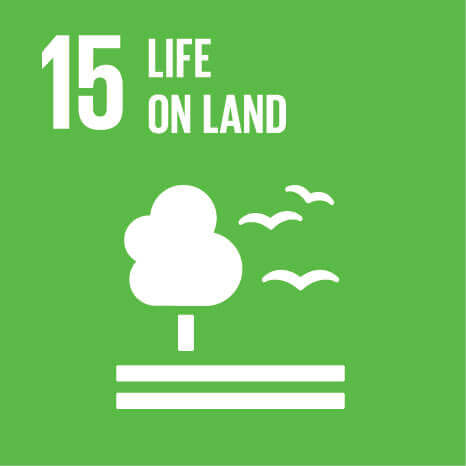ABOUT US
TRUST will apply in an integrated way, environmental and economic friendly technical solutions to allow sustainable treatment of wastewater, reuse of water in a relevant allocation strategy (the right water to the right purpose), recovery of useful substances, and savings of energy. TRUST will focus on challenging cases in terms of efficient wastewater treatment of the textile and pharmaceutical industries from Tunisia and Turkey where water scarcity is a major concern and irrigation is a large water-consuming sector. By implementing appropriate advanced treatment to achieve TRL 6-7, TRUST will not only reduce the environmental impact but also save water resources by allowing reuse after pollution control. TRUST’s water reuse strategy will also contribute reducing business instability by developing the market. The consortium gathers partners from EU countries (Italy, France, and Spain), and non EU countries (Algeria, Tunisia, Turkey) working in complementarity and in synergy ensuring to deliver solutions contributing to the objectives of IWRM in water scarce Mediterranean regions.
